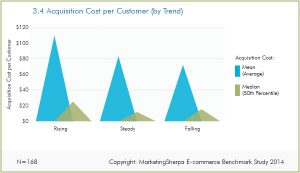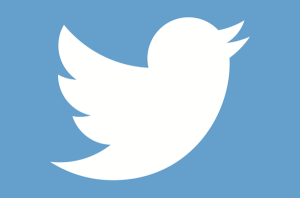There’s a saying that there’s always going to be someone better than you.
This is true in every aspect of your life: personally and professionally.
There will always be someone who’s a faster runner than you.
There will always be someone who’s funnier than you.
There will always be someone who’s more successful than you.
Sure, you may hold the World Guiness Record and hold the records to prove that you’re the World’s highest jumper — for now. But let’s face it, there’s a new World Guinness Record every year, and someone’s going to jump higher than you — eventually.

This leaves us with two outcomes then: There’s someone who’s already better than us, or there will be someone who will become better than us.
Doesn’t sound like a sustainable competitive advantage, does it?
Being Different, Not Better
That’s because we’re only looking at this by considering one-factor. In the framework of being better: we’re trapped in a zero-sum game, where most of the times — we will end up losing.
What we haven’t considered yet is the importance of differentiation.
When we position ourselves to be different, it stops being a direct win-lose situation.
Being different will not only help you win, it prevents you from losing.
Let me explain.
Facebook was different than MySpace, and it eventually won the market. Then another massive social network came out: Twitter. But today, Twitter is neither better nor worse than Facebook. These social networks are successful and popular in their own right, because of their differentiation: both provide value for the end-consumer in their own way.
If you look at talk show hosts, you can’t say that Jimmy Fallon is better than Conan O’Brien. Their style, humor, and show itself are distinctively different enough that they are their own category.

So how do we create our own category and gain our competitive advantage?
1. Position yourself
A great way to start is designing a two by two quadrant for yourself.
List the people in your industry, people you admire, or companies in your industry (depending on what you’re looking to differentiate) and place them in their respective qualities.
Then identify your x and y axises.

Common examples are (don’t limit yourself to these):
-Price, speed, quality, customer service, margin, if you are trying to position your business.
-Extroverted/introverted, experience, connections, skillsets, etc. if you are trying to position yourself.
Keep repeating this exercise until you find yourself in a quadrant that no one else is in but yourself. You may get this on your first, or you may need to create 50 quadrants before you nail it.
Don’t stop until you can visually and clearly identify your differentiation.
2. Become more of who you are
We were born care-free of what the world thought about our quirky habits. Then we grew up.
We got made fun of in highschool, and our parents pushed us into doing things they thought were “best” for us. Eventually we drifted away from who we were and molded into who the world wanted us to become.
It’s time to break free from the limitations of the world around us and learn what makes you for who you are. Understand what your values are, what makes your eyes light up, and why it lights you up.
Bring your uniqueness into everything you do — your relationship, business, creative work.
Become more of who you are, then trying to be someone you’re not. This is your greatest advantage.
3. Experiment, experiment, experiment
The fastest way to truly grasp which differentiation technique will be your competitive advantage, is to go out and test it to get immediate feedback.
If you want to learn how to be different socially: go to a networking event, and try different greetings to see which ones get the best reception.
If you want to learn how to be different professionally: cold email 50 people (recruiters, influencers, employers, clients) using different introductions, self-descriptions, style, etc. and see which ones work to your favor.
There’s countless ways to learn how you can differentiate yourself.
The fastest way is by experimenting, getting immediate feedback, and mastering the qualities that make you different.
There’s always room to be different.
Those that can identify and share their unique gifts with the world will be the ones that stand out from the noise.
Create a controversy, become your own category, and claim who you are.
Be different, not better.
(261)





